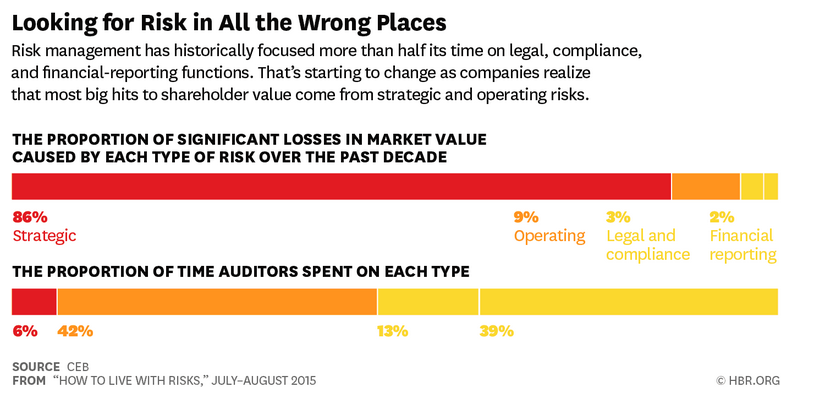Keeping up-to-date with legal changes across multiple jurisdictions and international boundaries is a challenge for every business. This on-demand webinar explores how to keep track of only the regulations that matter to your business, and how to ensure individual sites remain compliant.
In this webinar, in partnership with IsoMetrix, you will learn:
- 7 steps to perfecting compliance management across a multi-jurisdictional environment
- How to link risk and consequence to site-



